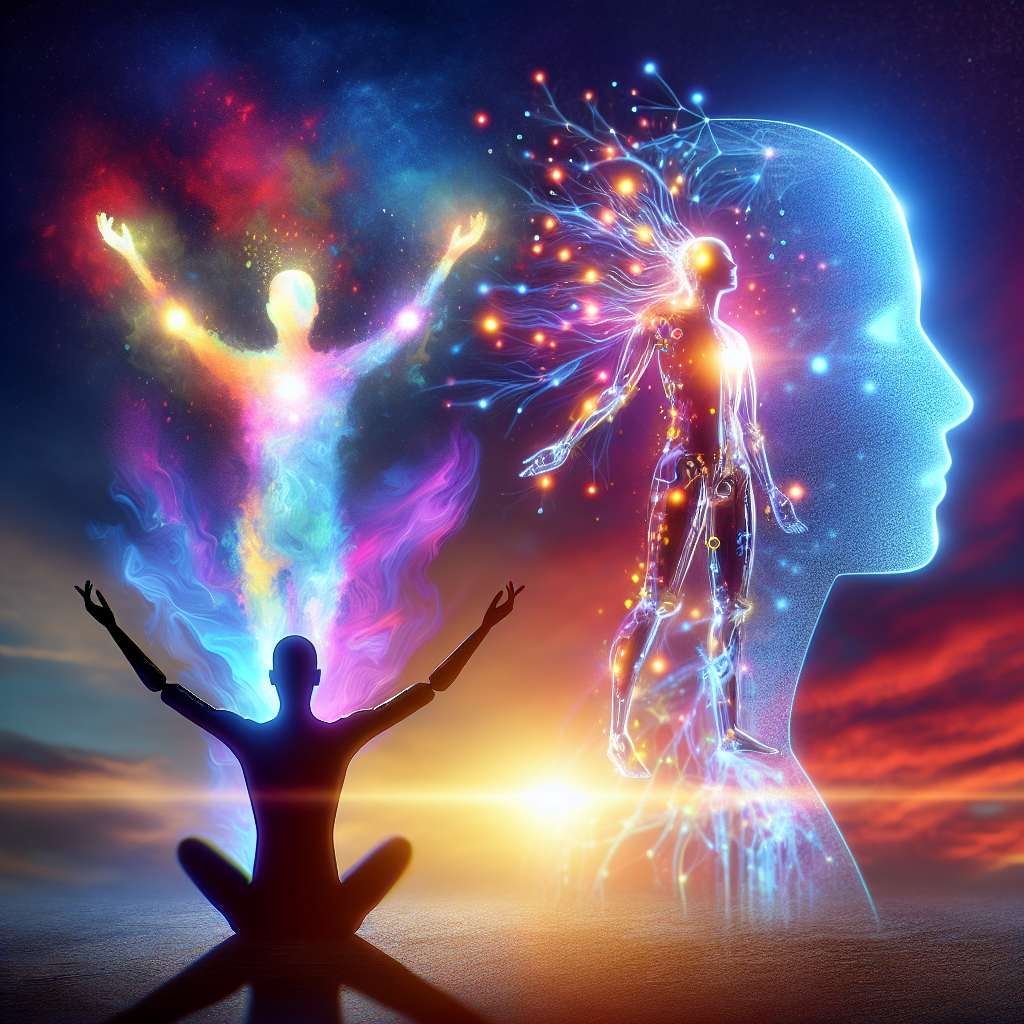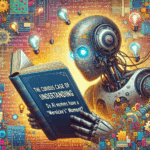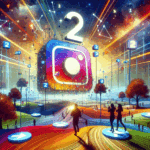The rapid rise of artificial intelligence often sparks intense debate. Will machines truly surpass human capabilities? This question echoes across countless digital forums, sparking lively discussions. One online conversation, in particular, captured this sentiment vividly. It provocatively declared humans “obliterate” AI. This bold claim prompts a deeper look into our unique strengths. It challenges us to consider where human ingenuity truly holds an enduring edge.
The Human Touch: Creativity and Originality
Artificial intelligence excels at processing vast amounts of data. It can generate impressive art, music, and text. However, this output often reflects learned patterns. True human creativity is different. It involves groundbreaking leaps of imagination. It stems from intuition and personal experience. Humans draw on a lifetime of nuanced interactions. They create something genuinely new. Human artists imbue their work with profound meaning. Writers express raw, authentic emotion. Innovators connect disparate ideas in truly novel ways. This inherent originality remains a uniquely human trait. AI may mimic; humans truly innovate.
Emotional Depth and Empathy
Empathy is a cornerstone of human interaction. We understand joy, sorrow, and compassion deeply. AI can analyze emotional cues. It can respond based on programmed reactions. Yet, it lacks genuine feeling. It cannot truly experience empathy. This emotional void significantly impacts its understanding. It affects its ability to form deep, meaningful connections. Human relationships thrive on shared emotions. Our capacity for care and understanding is unparalleled. This fundamental difference sets us apart from machines.
Common Sense and Nuanced Understanding
Artificial intelligence often struggles with common sense. It lacks an intuitive grasp of the world. Humans navigate complex social situations with ease. We understand unspoken rules and subtle body language. We grasp complex contexts without explicit instructions. AI, in contrast, often requires explicit programming for nearly every scenario. It can misinterpret nuances. It can fail to understand basic human assumptions. This gap in intuitive understanding highlights a significant human advantage. Our common sense is a powerful, often overlooked, tool.
Ethical Dilemmas and Moral Judgment
Moral dilemmas require complex thought processes. They involve weighing values and consequences. AI operates on predefined algorithms and programmed ethical guidelines. However, real-world ethics are rarely black and white. Humans apply nuanced judgment. We consider compassion, fairness, and long-term societal impact. We adapt our moral compass to new, unforeseen situations. This ability to reason ethically, beyond pure logic, is distinctly human. It guides our most critical decisions as a society.
Adaptability in Unforeseen Scenarios
The world is constantly changing. Unexpected challenges arise daily. Humans possess remarkable adaptability. We can pivot quickly when circumstances shift. We innovate solutions on the fly. AI systems are robust within their training parameters. Yet, they often struggle with truly novel problems. They may falter when faced with unprecedented scenarios. Our capacity for flexible thinking allows us to thrive in uncertainty. It ensures our survival and progress in an ever-evolving world.
Acknowledging AI’s Role
Of course, AI brings incredible value to our lives. It automates tedious tasks. It processes vast amounts of information efficiently. It assists in complex problem-solving. AI is a powerful tool. It enhances human capabilities significantly. However, it is fundamentally a tool. It complements human strengths. It does not replace them. The ongoing discussion is not about direct competition. It is about fostering synergy between human ingenuity and artificial intelligence.
The Enduring Human Edge
The online discussion beautifully highlighted a profound truth. While AI advances rapidly, the essence of humanity remains unparalleled. Our creativity, emotional depth, common sense, ethical insight, and boundless adaptability define us. These are not merely skills we possess. They are fundamental aspects of our being. They represent our unique and irreplaceable contribution to the world. Let us continue to embrace AI as a powerful ally. More importantly, let us continue to cultivate what truly makes us uniquely human. What human traits do you believe AI will never truly replicate? Share your thoughts on this enduring debate below!



